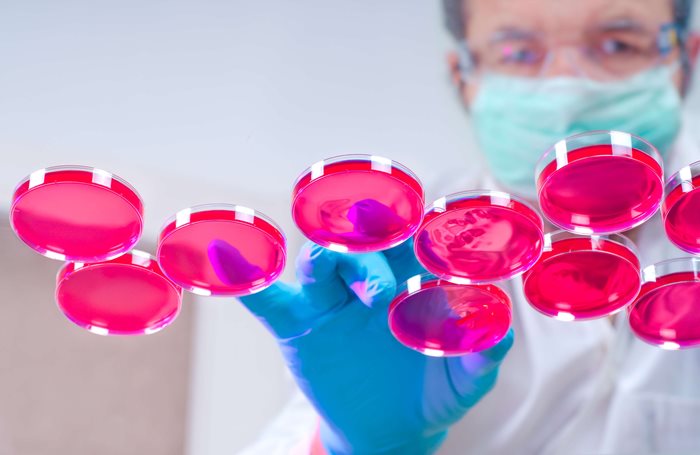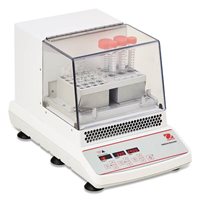
This can be among friends in a social setting, at home with family or in the workplace with colleagues. Depending on our different personalities and behaviors, we give off signals to each other that are then interpreted. It is from these signals as well as our surrounding environment that we adapt and learn how to interact with each other.
Learn More about the
Extreme Environment Shaker or
Incubating Cooling Orbital Shaker
Interestingly enough, a similar type of interaction also occurs within organisms at the cellular level. Cells can communicate by transmitting and receiving chemical signals. Many researchers spend their careers studying cells and cell-to-cell interactions to understand how healthy and diseased cells respond to each other and their changing environment. In research, once interest in a specific cell type is determined, cells are removed from an animal or plant and cultured or grown in an artificial environment to expand the cell type of interest. Depending on the experiment, researchers will select from mammalian or non-mammalian cells and determine the best growth method, either adherent - attached to an artificial substrate, or suspension - grown free-floating in media.
To ensure good cell growth during scale up work, a researcher uses laboratory equipment to replicate the natural environment for optimized cell growth. For example, when culturing mammalian cells, a
CO2 incubator running at 37° C is required as opposed to non-mammalian cells that can be grown in a non-
CO2 or dry incubator. Suspension cells need to be kept in motion to promote gas transfer. This can be done by growing cells in a flask and using an orbital shaker to precisely control the speed at which the cells are shaking. Not every orbital shaker that is placed inside a
CO2 incubator can tolerate that type of harsh environment. However, the
OHAUS Extreme Environment Shaker fits the application since the shaker can withstand conditions up to 100% humidity.
Learn more about
OHAUS Extreme Environment Shakers

Replicating a natural
CO2 environment can be tedious work and
CO2 incubators are costly. As an alternative, insect cell culture has become popular since insect cells do not require a
CO2 environment. More importantly, insect cells serve as a model for studying cellular processes that can be applied to higher eukaryotes. For ideal insect cell culture conditions, it is important to maintain stable temperature and shaking speeds. The
OHAUS Incubating Cooling Orbital Shaker fits well in an insect cell culture workflow since it combines features of precise temperature control down to 10° C below ambient along with consistent uniform shaking.
Learn more about
OHAUS Incubating Cooling Orbital Shakers
All of these various methods of cell culture can be considered a process that enables cell biologists to study cell-to-cell interaction. Understanding the interaction between and within healthy or diseased cells impacts all of us because it allows researchers to develop more effective medicines, new vaccines and generally provides a better understanding of how all living things live. So the next time you are out with friends or in a meeting room, take a look at the people around you and observe how they are communicating - communication is key.
Request a Quote for
Extreme Environment Shakers and
Incubating Cooling Orbital Shakers